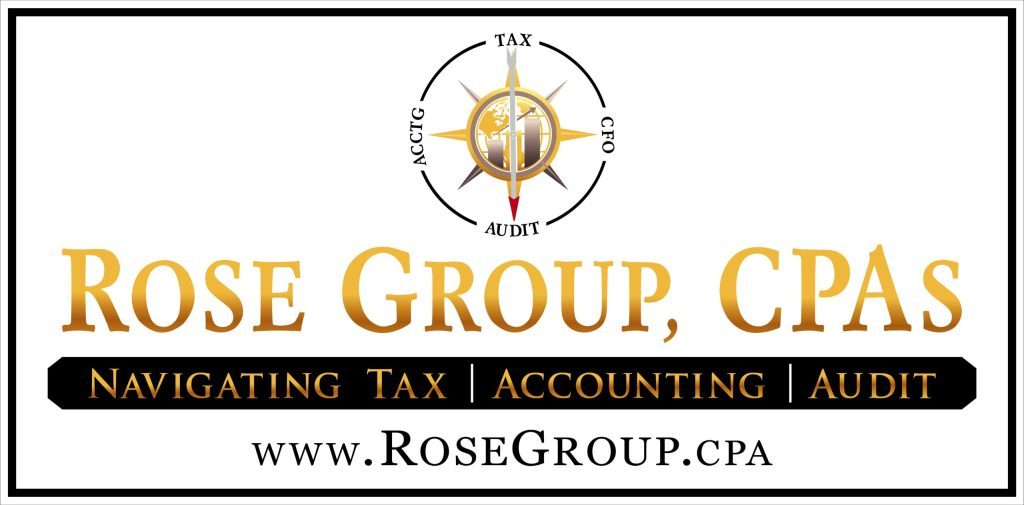
Report of Foreign Bank and Financial Accounts
Taxpayers with foreign financial accounts have specific reporting requirements mandated by the Internal Revenue Service (IRS) and the Financial Crimes Enforcement Network (FinCEN). Whether you’re
The electric vehicle (EV) market has grown significantly in recent years, fueled in part by federal tax credits designed to incentivize clean energy adoption. However, these credits have been the subject of intense debate, reflecting broader discussions on energy policy, environmental priorities, and economic fairness. Let’s explore the key arguments for and against EV tax credits and how policies have shifted under different administrations.
The Evolution of EV Tax Credits
Under the Biden administration, the Inflation Reduction Act of 2022 significantly expanded EV tax credits, offering up to $7,500 for new EVs and $4,000 for used EVs. The administration also tied some tax credit benefits to stricter domestic manufacturing requirements, aiming to boost U.S. production of EV batteries and reduce reliance on foreign supply chains.
In contrast, the Trump administration rolled back certain clean energy policies and questioned the long-term benefits of subsidizing the EV market. The phase-out of the EV tax credit for manufacturers like Tesla and General Motors was seen as a move to limit government intervention in the auto industry and allow market forces to determine winners and losers.
Arguments in Favor of EV Tax Credits
Arguments Against EV Tax Credits
Finding Common Ground
The EV tax credit debate highlights the challenge of balancing environmental goals with economic fairness and fiscal responsibility. Supporters see these incentives as essential for accelerating clean energy adoption, while critics argue for a more targeted approach. Some propose reforms, such as income-based eligibility or linking credits to emissions reductions, to enhance their impact. Others suggest revenue-neutral alternatives like feebate systems, which tax inefficient vehicles to fund EV incentives. As policies evolve, the key challenge remains crafting solutions that drive sustainability without distorting markets or burdening taxpayers.
If you are interested in learning more about our tax preparation service, please reach out. We’re here to help!

Taxpayers with foreign financial accounts have specific reporting requirements mandated by the Internal Revenue Service (IRS) and the Financial Crimes Enforcement Network (FinCEN). Whether you’re

Running a small business is demanding. Between managing employees, juggling client deadlines, staying on top of invoices, and trying to squeeze in a little marketing—it

The EV tax credit debate explores its benefits for sustainability and economic growth versus concerns over cost and market impact. Learn both sides of the argument and how policies have changed under different administrations.

For many business owners, purchasing a company vehicle is a necessary investment—but it can also be a great tax-saving opportunity. The Section179 deduction allows businesses

Identity theft is all around us and tax-related identity theft can be particularly stressful. If someone fraudulently files a tax return using your Social Security

When January hits we are focused on our goals for the year. Small business owners often find themselves planning the direction and initiatives for the

120 Mosaic Boulevard,
Suite 200
Pittsboro, NC 27312
ERO@RoseGroup.cpa
919-913-8081
101 Cosgrove Ave,
Suite 260
Chapel Hill, NC 27514
Admin@RoseGroup.cpa
919-913-8081
3119-A Crawfordville Highway,
Crawfordville, FL 32327
Info@RoseGroup.cpa
850-759-5080